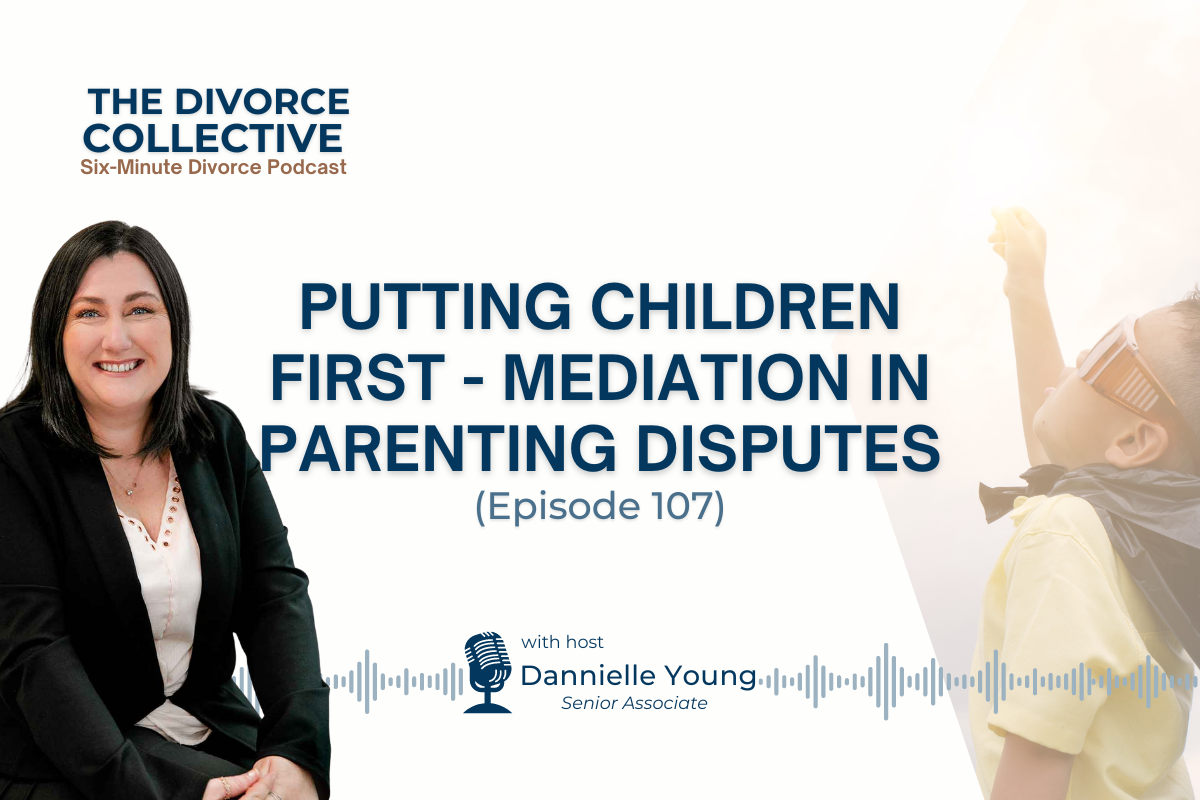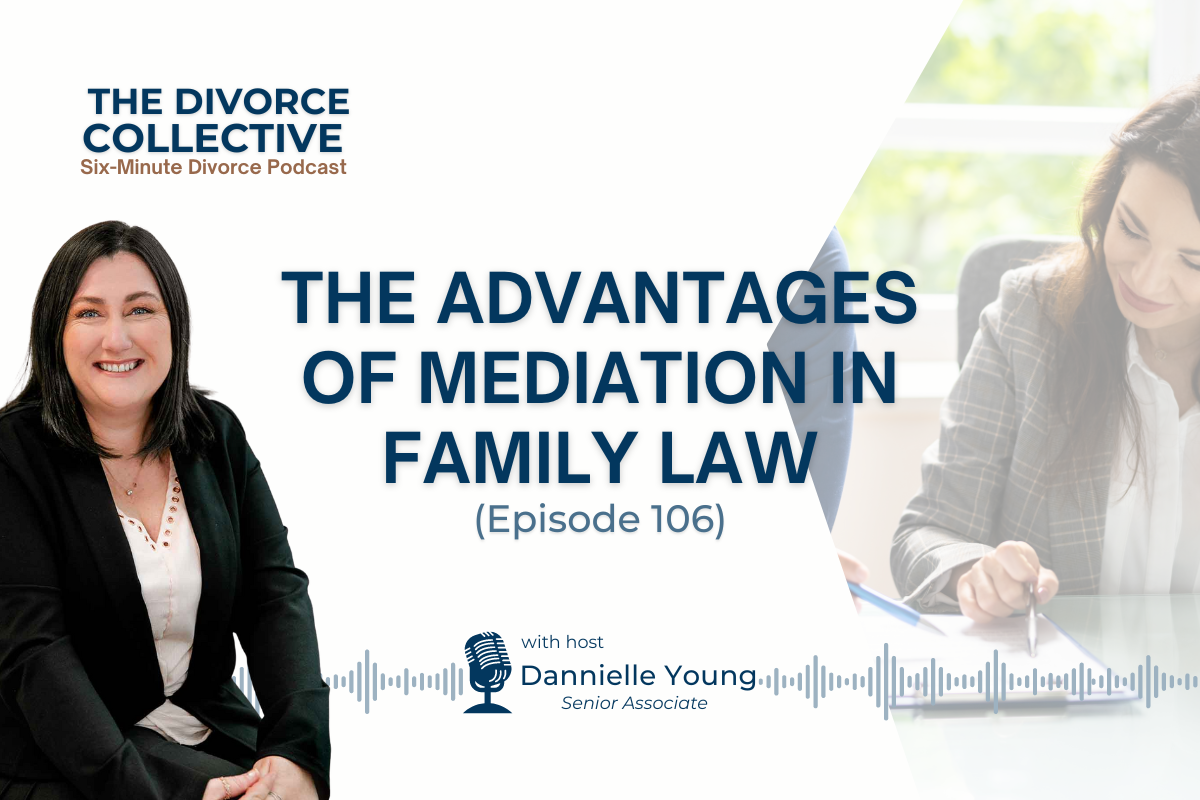In today’s podcast, Dannielle Young will walk us through recent legislative developments.
A few weeks ago, we learned that proposed amendments to the Family Law Act have successfully passed through both houses of Parliament. This signals imminent change to the legislation. With royal assent granted on November 6, 20223, the alterations were sent to take effect, barring an earlier proclamation, on May 6, 2024.
One significant change involves the elimination of the long-standing presumptions of equal shared parental responsibility, in place since 2006. This presumption entails both parents sharing the responsibility for making long-term decisions for the child. Currently, the family Law Act requires the court to consider equal time orders when this presumption applies, leading to confusion for parents navigating the system. The upcoming changes will abolish this presumption and remove the references to equal time, addressing concerns about confusions among parents.
Additionally, the upcoming changes will simplify the section 60CC factors used by the court to assess a child’s best interest in deciding parenting orders. Currently, there are 2 primary considerations and 14 secondary considerations outlined in section 60CC. The impending amendments aims to streamline these considerations, reducing them to a more concise set of 6.
In summary the new section 60CC factors will be:
- what arrangements would promote the safety (including safety from being subjected to, or exposed to, family violence, abuse, neglect or other harm) of the child and each person who has care of the child (whether or not a person has parental responsibility for the child);
- any views expressed by the child;
- the developmental, psychological, emotional and cultural needs of the child;
- capacity of each person who has or is proposed to have parental responsibility for the child to provide for the child’s developmental, psychological, emotional and cultural needs;
- the benefit to the child of being able to have a relationship with the child’s parents and other people who are significant to the child (for example grandparents), where it is safe to do so; and
- anything else that is relevant to the particular circumstances of the child.
Another significant change involves the codification of the principles established in Rice v Asplund. Previously, this case law served as the threshold test for whether a court could alter final parenting orders. The upcoming amendments will incorporate this principle directly into the legislation. Consequently, courts will now only consider new applications after final parenting orders if there has been a significant change in circumstance.
Additionally, Independent Children’s Lawyers will be legislatively mandated to meet with Children they represent, providing them an opportunity to express their views. The new legistions will explicitly declare the illegality of publishing information on social media that could identify parties involved in Family Law proceedings. Furthermore, the changes will introduce a border definition of “member of the family” to better align with Aboriginal and Torres Strait Islander concepts of Family and Kinship.
Curious to learn more? Join our Senior Associate, Dannielle Young, as she guides you through the recent changes in the Family Law Reform on the Divorce Collective Podcast.
Did you know at Collective Family Law Group, we offer FREE initial consultations? We offer initial face-to-face appointments in our Gold Coast, Brisbane and Cleveland offices or via Zoom. Head on over to our website collectivefamilylaw.com.au or call us on (07) 5574 0971 to book your appointment.
CONNECT WITH COLLECTIVE FAMILY LAW:
Instagram: @Collective_Family_Law





